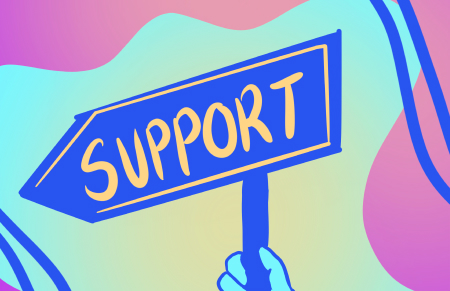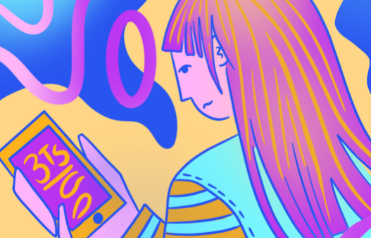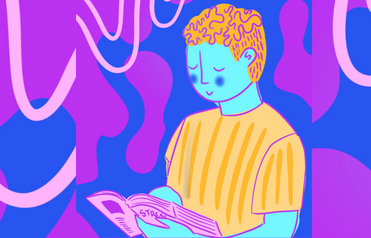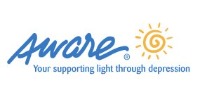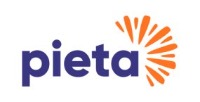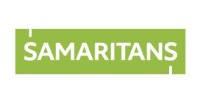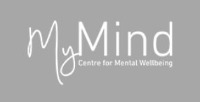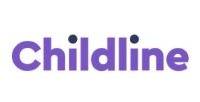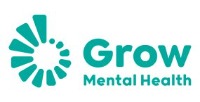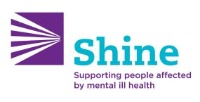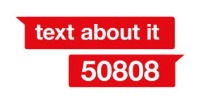Understanding Depression
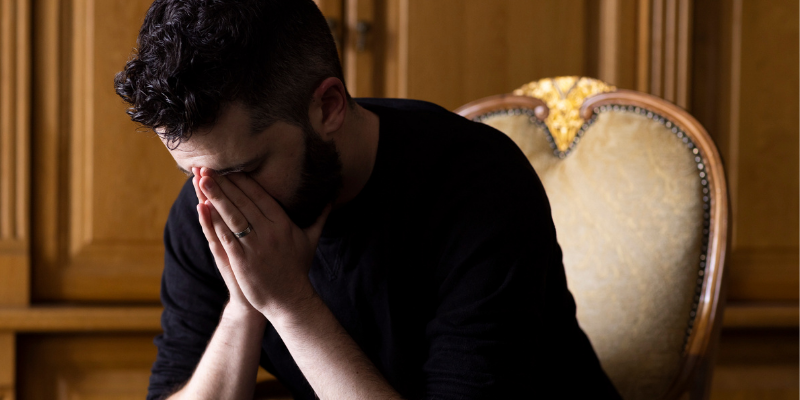
Depression is a very common mental health condition that can range from mild to severe and can happen to anyone, regardless of age, gender or background.
It can affect thinking, energy levels, feelings and behaviour and can impact on everyday life, on relationships, family and worklife. At its mildest, depression may feel like a lack of energy or a prolonged low mood. But at its most severe, it can be life-threatening and can lead to suicidal thoughts and behaviours.
Feeling down or feeling depressed?
Feeling down or sad is a part of life and we all feel like this sometimes. Often having a good cry and speaking with a friend or family member is all we need. However, if you feel increasingly low or overwhelmed and it's impacting on everyday life, it could be depression.
Whether you're feeling depressed or are concerned for another person, we outline what to look out for and what steps to take to get the help needed.
Signs & Symptoms of Depression
Depression can feel different for each of us, but there are some common signs & symptoms to look out for. The more symptoms and the longer they continue, the more likely it is to be depression. So, the sooner we spot these signs, the quicker we can go about getting help & relief. Look out for:
- Low or sad mood, feeling anxious
- Lack of energy, feeling tired or fatigued
- Loss of interest in daily activities, hobbies, social or family life
- Changes in sleep patterns
- Feeling irritable or restless
- Feeling worthless or excessively guilty
- Poor concentration
- Physical aches and pains that have no obvious cause or basis
If you've been experiencing some of these symptoms for a few weeks or longer, we recommend you speak to your GP or mental health professional. They can provide a diagnosis, outline the various treatment options available, and help you decide on the best therapy for you. But there are steps you can take to manage low mood and depression and we explore these further below.
Feeling very low or that life isn’t worth living?
If you’re having thoughts of suicide, please tell someone. You don’t have to go through this alone — support is available & recovery is possible.
If you need urgent help:
- In an emergency, if you’ve harmed yourself or feel at immediate risk, call 999 / 112 or go to your nearest A&E.
- Speak to your GP about your situation. Together you can explore treatment options.
- Contact a specialist support service such as Aware (helpline, email, self-care & peer groups):
- Freephone: 1800 80 48 48
- Email: supportmail@aware.ie
- Call a crisis helpline:
- Samaritans 24/7 Freephone: 116 123
- Pieta 24/7 Freephone: 1800 247 247
- Text About It (24/7 free text): Text HELLO to 50808
👉 See the full list of Specialist Support services here.
Key Support Services
Keep helpline numbers to hand. If you’re feeling low, consider joining a support group - it can really help. For instance, Aware offers free in-person & online groups where you can talk with people who understand & learn new ways to cope.
👇 See key support services below or see our full directory of services here.
Providing online, telephone & face to face help and support to all affected by depression, mood related conditions & bipolar disorder. Daily support & self-care groups inc. Phone-in & Zoom peer groups. Free lecture series (currently online) on a range of topics related to depression. Their website www.aware.ie has useful resources & information.
- Support Line Helpline (Freephone): 1800 80 48 48 (10am-10pm daily)
- Email: supportmail@aware.ie (expect response within 24 hours or often sooner)
- Web: aware.ie
Providing 24/7 crisis helpline and professional one- to-one counselling for anyone who is self-harming, feeling suicidal or suffering the effects of a suicide event or bereavement. The service is also available to anyone who is feeling very low, anxious or depressed. For information & branches nationwide, see www.pieta.ie Helpline (24hr): 1800 247 247 to speak with a therapist if you are in crisis
- Text HELP to 51444
- Call 0818 111126 to make an appointment with a therapist
- Email: mary@pieta.ie
- Web: pieta.ie
Longstanding & trusted, Samaritans volunteers provide confidential 24/7 helpline support, befriending and istening to those in personal crisis, 365 days a year. 21 branches across Ireland. Also provide a Self-Help App. to keep track of feelings, get coping recommendations & to stay safe in a crisis. elpline: Freephone 116 123 (callers from Rep of Ireland & N Ireland)
Email: jo@samaritans.ie (Rep. of Ire) jo@samaritans.org (N Ire) email response issues within 24 hours)
Web: samaritans.org
Providing fast and easy access to counselling and psychotherapyface to face and online. MyMind work to deliver affordable counselling with a sliding pay scale according to client.
- Email: hq@mymind.org
- Web: www.mymind.org
National 24-hour active listening service for children & young people up to & including 18 years of age. Callers can contact the service at any time, to talk about any issue on their mind.
- Chat online: Childline.ie
Text: 50101
Call: 1800 66 66 66
Helping people recover from mental health problems. At weekly, group support meetings nationwide, members support each other through their own experiences.
- Helpline: 1890 474 474
- Email: info@grow.ie
- Web: grow.ie
The national centre for youth mental health, Jigsaw has branches in Dublin and across Ireland. Services include access to free therapy and expert mental health support, both online and in person, for children and young adults aged 12-25 years. Jigsaw.ie is a great resource of information & eLearning including support articles, videos and online courses for young people, parents/guardians and those working with young people. Talk to a Jigsaw clinician online through the Jigsaw Live Chat, Ask Jigsaw and Group Chats.
Web: www.jigsaw.ie
Information, education, counselling & support groups for anyone with a mental health issue & their family members. Services include groups for people with a lived experience of a mental health difficulty, family & supporters groups and recovery training and education groups. Find your regional or local branch here. Helpline: 1890 621 631
- Email: phil@shineonline.ie
- Web: shine.ie
St Patrick's Mental Health Services provide a specialist telephone & email service staffed by experienced mental health nurses, available to the general public as well as current service users & families. For support, early intervention or general queries, whether for callers own mental health or if concerned for another. Young adult service also available.
- Email: info@stpatsmail.com
- Support & Information Line: +353 1 249 3333 (9am to 5pm Mon-Fri, answer & call back facility out of hours)

Free 24-hour active listening service for teens up to & including 18 years of age. Young people can contact he service at any time, to talk about any issue on their mind. Teenline is a confidential and non-judgemental service. Call: 1800 833 634
Text About It is a confidential text messaging support service that provides immediate support for anyone going through a mental health or emotional crisis – big or small. Crisis volunteers are available 24/7 for anonymous text conversations and the service is free across all networks. Text About It is ideal if you rather text than speak to someone face to face or by phone. If the short code doesn't work on your network (An Post/48), you can still use the service by texting HELLO to 0861800280. Standard network message rates may apply to this 086 number.
- Available every day 24 hours a day.
- Text About It is a free 24/7 text service. Text HELLO to 50808 to begin your conversation or text HELLO to 0861800280.
- Service is Free on Whats App.
- Standard message rates apply to 086 1800280 number only.
- Website: textaboutit.ie
.png?sfvrsn=466b75b1_0)
.png?sfvrsn=ccbbd156_0)
